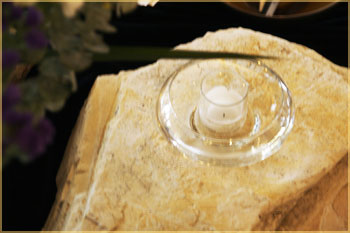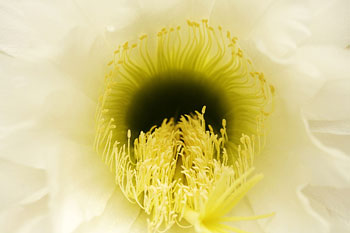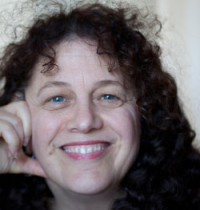
Another powerful Thought Leader Gathering session from Heartland Circle …
This July’s conversation starter (and regular TLG member) Betsy Saunders led us in an exercise using the symbolism of a monk’s begging bowl as a channel that receives contributions from the world and demands only that the gift be accepted as precisely "enough" for each day’s needs.
In the first part of the exercise we were to gather in small groups and
answer the question "What is my gift to the world?", write down our
answers, and put them in one of the beautiful brass begging bowls Betsy
had brought for this purpose.
I thought about my work and my joy, and an answer came to me: "My gift is in making your voice visible and audible in the world". I wrote it down and put it in the bowl along with the others.
In the second part of the exercise we were asked to join a new small group, and this time see what the bowl of life would offer for us. When my turn came, the slip of paper I pulled said "My gift is to share my voice with the world." Wow. What synchronicity.
This coincidence would seem unusual enough by itself, but everyone in my small group had something similar going on with their own picks, a phenomenon that was mirrored in the large group when we gathered later that morning to share what had happened.
It seemed that we each picked what we most needed, and in my case the gift was to receive for myself what I so enjoy giving to others.




